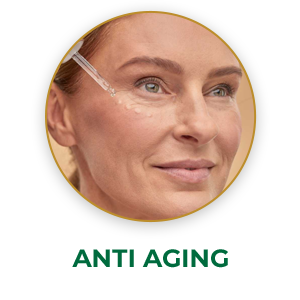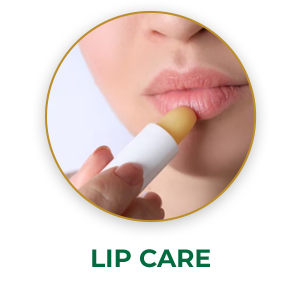Introduction
Coconut oil has gained popularity in recent years due to its numerous health benefits. Not only is it a versatile ingredient in cooking, but it also offers several advantages for skincare. In this blog post, we will explore the antibacterial properties of coconut oil and how it can help with acne treatment, wound healing, and moisturizing dry skin.

Killing Harmful Microorganisms
Coconut oil contains antibacterial fatty acids that efficiently fight germs and fungus. These fatty acids, such as lauric acid, capric acid, and caprylic acid, have been shown to have antimicrobial properties. When applied to the skin, coconut oil forms a protective layer that helps prevent the growth of harmful microorganisms.
Acne Treatment
The anti-inflammatory and antibacterial qualities of coconut oil and its healing constituents may aid in the treatment of acne. Acne is often caused by the overgrowth of bacteria on the skin, leading to inflammation and breakouts. Coconut oil’s antibacterial properties can help reduce the number of acne-causing bacteria, while its anti-inflammatory effects can help soothe redness and swelling.
It is important to note that coconut oil may not be suitable for all skin types. Some individuals may find that coconut oil clogs their pores or exacerbates their acne. If you have acne-prone or sensitive skin, it is advisable to consult with a dermatologist before incorporating coconut oil into your skincare routine.
Wound Healing
Animal studies have revealed that coconut oil may aid in wound healing. When applied topically, coconut oil forms a protective barrier over the wound, preventing bacteria from entering and causing infection. Additionally, coconut oil has been found to enhance antioxidant status and lower oxidative stress, which can promote faster healing and reduce inflammation.
Moisturizing Dry Skin
Coconut oil can be used as a moisturizer and to treat dry skin and eczema. Its natural emollient properties help to lock in moisture and prevent water loss from the skin. When applied regularly, coconut oil can help soothe dry, flaky skin and improve its overall hydration.
It is important to note that while coconut oil can be beneficial for some individuals with dry skin, it may not be suitable for everyone. Those with oily or acne-prone skin may find that coconut oil exacerbates their condition. It is always best to patch test any new skincare product and consult with a dermatologist if you have any concerns.
Conclusion
Coconut oil offers several benefits for skincare, thanks to its antibacterial and anti-inflammatory properties. It can be used to fight harmful microorganisms, treat acne, aid in wound healing, and moisturize dry skin. However, it is essential to consider individual skin types and consult with a dermatologist before incorporating coconut oil into your skincare routine. With proper usage and consideration, coconut oil can be a valuable addition to your skincare regimen.
About Derma.pk
Empower your skin with derma.pk! Discover a wide range of products and resources designed to help you achieve healthy, radiant skin. Learn from experts, explore different options, and find what works best for you
Blog.derma.pk equips you with the info you need to make informed choices about your skin. Learn about ingredients, product benefits, and how to find what works best for you.
For more skincare tips and products, visit our website www.blog.derma.pk or shop at www.dema.pk.
Contact details:
Backed by a team of dermatologist available for consultation via WhatsApp These































